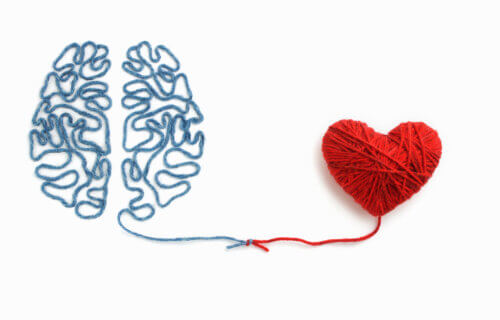SOLNA, Sweden — ADHD is usually synonymous with fidgety students and wandering minds, but this extremely common neurodevelopmental disorder may also be connected to a number of heart concerns for adults. New research out of Sweden suggests adults with ADHD are more than twice as likely to develop a form of heart disease than those without the condition. Researchers from the Karolinska Institutet and Örebro University conducted a large observational study to reach this conclusion.
Attention deficit/hyperactivity disorder is quite common these days, estimated to effect roughly 2.5 percent of the global adult population. In many cases, ADHD exists in conjunction with other psychiatric and physical conditions, some of which have already been associated with an increased risk of heart disease. Up until now, however, researchers had largely ignored the question of whether ADHD is independently associated with overall and specific cardiovascular diseases.
Study authors set out to better understand the relationship between ADHD and 20 distinct cardiovascular diseases, after accounting for numerous known risk factors like Type 2 diabetes, obesity, smoking, sleep problems, and mental disorders.
“We found that adults with ADHD were more than twice as likely to develop at least one cardiovascular disease, compared with those without ADHD,” says first study author Lin Li, postdoctoral researcher at the Department of Medical Epidemiology and Biostatistics, Karolinska Institute, in a release. “When we accounted for other well-established risk factors for CVDs, the association weakened but still remained significant, which indicates that ADHD is an independent risk factor for a wide range of cardiovascular diseases.”
Linking heart disease to ADHD patients
Researchers used data encompassing over five million Swedish adults, including 37,000 people diagnosed with ADHD. Following an average tracking period 11.8 years, 38 percent of people with condition had been diagnosed with at least one form cardiovascular disease. In comparison, 24 percent of those without ADHD had also developed cardiovascular disease.
Risks were higher among ADHD adults for all types of cardiovascular diseases, but especially so for cardiac arrest, hemorrhagic stroke, and peripheral vascular diseases. This connection was also somewhat stronger among men. Certain psychiatric co-morbidities, particularly eating and substance use disorders, significantly increased heart disease risk among people with ADHD. Additionally, no evidence was collected suggesting treatments with stimulants or other psychiatric drugs like antidepressants or anti-anxiety meds have any notable impact on the association between ADHD and heart disease.
Ultimately, however, study authors caution that due to the observational nature of their work, this project can not establish a causal relationship. Data was also lacking in certain areas, such as information covering certain lifestyle factors like diet and exercise habits.
“Clinicians needs to carefully consider psychiatric comorbidity and lifestyle factors to help reduce the CVD risk in individuals with ADHD, but we also need more research to explore plausible biological mechanisms, such as shared genetic components for ADHD and cardiovascular disease,” concludes the study’s last author Henrik Larsson, professor at the School of Medical Sciences, Örebro University, and affiliated researcher at Karolinska Institutet.
The study is published in World Psychiatry.


No big news here. There are already established correlations between people with ADHD and dental issues, also weight and sleep issues. The simple reality breaks down to the fact that it is incredibly difficult for someone with ADHD to adopt and, most importantly, maintain healthy routines and habits like consistent work out regimens, regular bedtimes, etc.
This should be more like “Those with heart disease often have symptoms of or develop ADHD and other psychological syndromes (also high anxiety).”